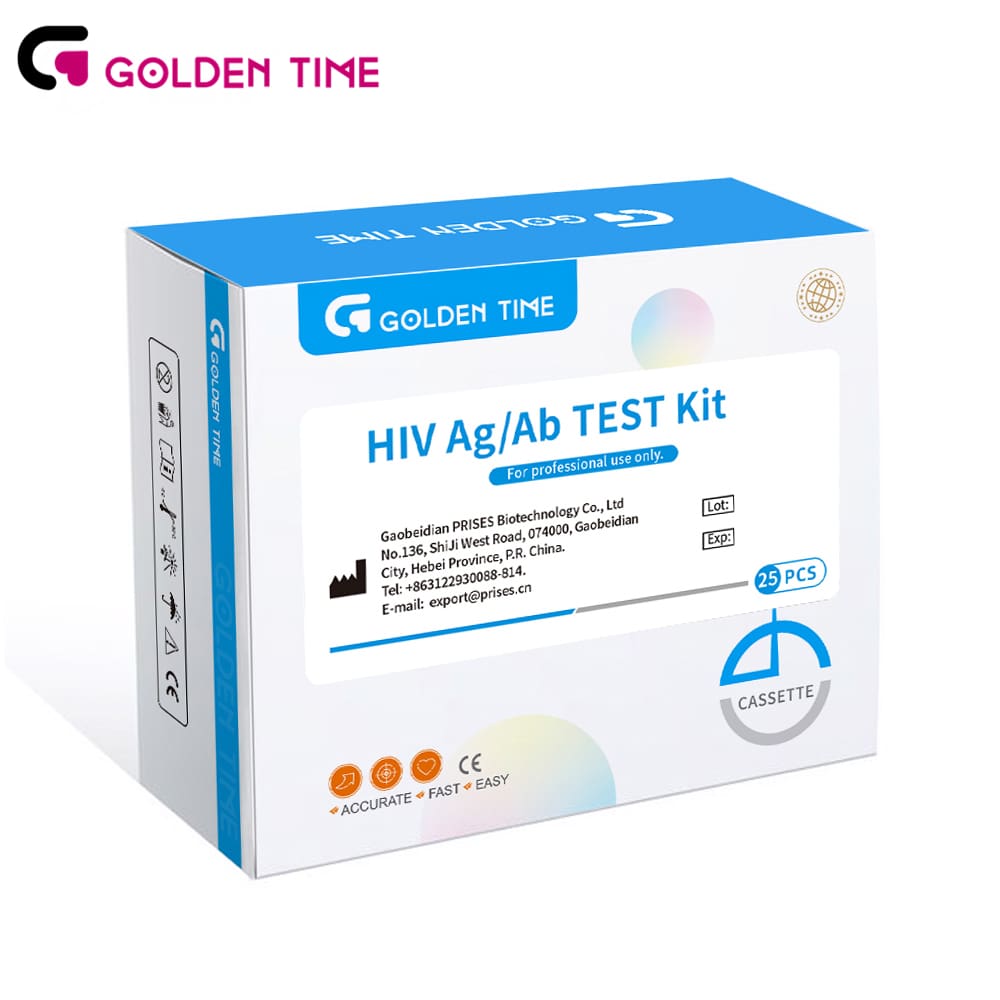Sep . 21, 2024 02:54 Back to list
buy hepatitis c at home test manufacturer
Understanding Home Testing for Hepatitis C A Key to Prompt Diagnosis and Treatment
Hepatitis C is a viral infection that primarily affects the liver, leading to inflammation and, in some cases, serious complications such as liver cirrhosis or cancer. The World Health Organization (WHO) estimates that approximately 71 million people worldwide are living with chronic hepatitis C. Given the significant impact of this disease, early diagnosis and treatment are crucial. As a result, many manufacturers have started to offer home testing kits, enabling individuals to test for hepatitis C conveniently in the comfort of their own homes.
The Importance of Home Testing
Testing for hepatitis C is essential for several reasons. First, many people infected with the virus are unaware of their status, as hepatitis C often presents no symptoms until the infection has progressed to a more severe stage. By utilizing home testing kits, individuals can take proactive steps toward their health without the need to visit a clinic or laboratory. This is particularly beneficial for those who may feel anxious about seeking testing in a traditional healthcare setting due to stigma or privacy concerns.
Home testing kits for hepatitis C typically work by collecting a small sample of blood, which is then analyzed for the presence of antibodies to the virus. This testing method is often straightforward, requiring simple instructions that allow users to perform the test with minimal fuss. Many manufacturers ensure that their kits are user-friendly and designed to provide quick results, empowering users to take charge of their health.
Choosing a Reliable Manufacturer
When considering purchasing a home hepatitis C test kit, it's vital to select a reputable manufacturer. A reliable company should have a track record of quality and safety. Look for manufacturers that are approved by regulatory bodies such as the Food and Drug Administration (FDA) in the United States or have received CE marking in Europe. These certifications indicate that the product meets essential health and safety standards.
buy hepatitis c at home test manufacturer

Additionally, researching customer reviews and testimonials can provide insight into the effectiveness and accuracy of a test kit. Renowned manufacturers often offer customer support, ensuring that users have access to guidance and assistance throughout the testing process.
Interpreting Results and Next Steps
Once the home test is completed, interpreting the results is the next critical step. A positive result for hepatitis C antibodies indicates that an individual has been exposed to the virus, but it does not confirm an active infection. A follow-up test, known as a polymerase chain reaction (PCR) test, is necessary to determine if the virus is currently present in the bloodstream.
If the results are positive, individuals are encouraged to seek medical advice promptly. Healthcare providers can guide patients through the diagnostic process, which may include further testing, discussions about treatment options, and support resources. It’s important to remember that hepatitis C is a treatable condition, and effective antiviral medications can lead to a cure for many patients.
Conclusion
Home testing kits for hepatitis C represent a crucial advancement in public health, allowing for greater access to testing and encouraging more individuals to take charge of their liver health. By choosing trustworthy manufacturers and understanding the testing process, individuals can engage proactively in their health journey, paving the way for timely diagnosis and treatment. Remember, early detection is key to managing hepatitis C effectively, so don’t hesitate to consider home testing as a viable option for your screening needs.
-
Dengue NS1 Rapid Diagnostic Test Kit
NewsMar.07,2025
-
Dengue NS1 Rapid Diagnostic Test Kit
NewsMar.07,2025
-
Dengue NS1 Rapid Diagnostic Test Kit
NewsMar.07,2025
-
Transferrin Rapid Test Cassette Tumor Marker TF Card
NewsMar.07,2025
-
Malaria Pf Pan Rapid Diagnostic Test Kit
NewsMar.07,2025
-
malaria pf / pan ag rapid test
NewsMar.07,2025

